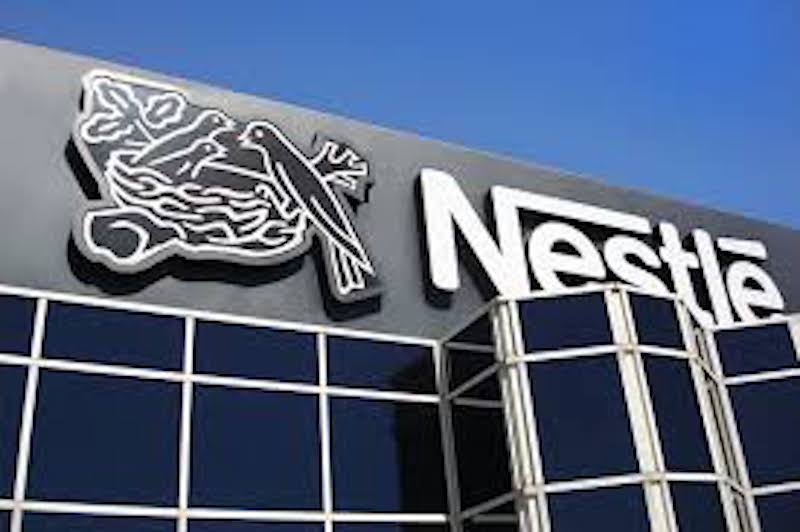Nestlé Nigeria Plc has staged a remarkable financial turnaround in the first quarter of 2025, reporting a substantial profit after tax of N30.2 billion. This represents a dramatic shift from the N142.7 billion loss incurred during the same period in 2024. This resurgence in profitability can be attributed to a combination of factors, including a significant increase in revenue, improved cost management, and a drastic reduction in finance costs. The company’s revenue surged by an impressive 61%, reaching N294.9 billion compared to N183.4 billion in Q1 2024. This robust revenue growth, coupled with effective cost control measures, laid the foundation for the company’s return to profitability.
The company’s improved financial performance is reflected across various key metrics. Cost of sales, while increasing to N175.1 billion from N134.4 billion in Q1 2024, was managed effectively in relation to the significant revenue growth. This resulted in a gross profit of N119.7 billion, more than double the N49.0 billion recorded in the corresponding period of the previous year. This substantial increase in gross profit signals improved efficiency in production and sales operations. Furthermore, the company’s operating profit soared by an impressive 254% to N74.1 billion, compared to N20.9 billion in Q1 2024, highlighting the company’s enhanced operating efficiency and robust sales performance.
Despite facing a substantial finance cost of N23.5 billion, Nestlé Nigeria managed to significantly reduce its net finance costs compared to the staggering N217.0 billion incurred in the same period of 2024. This dramatic reduction in finance costs played a crucial role in the company’s return to profitability. The company’s tax expense for Q1 2025 stood at N21.0 billion, a significant change from the tax credit of N53.4 billion recorded in Q1 2024. This shift reflects the company’s return to a profitable position, thereby incurring tax liabilities. The improved financial health of Nestlé Nigeria is further underscored by a N30.0 billion increase in shareholders’ equity within the quarter, demonstrating stronger financial resilience and enhanced investor value.
Analyzing the key drivers of Nestlé Nigeria’s financial recovery, the substantial increase in revenue played a pivotal role. The 61% surge in revenue indicates a strong demand for the company’s products, suggesting successful marketing strategies and potentially favorable market conditions. The company’s ability to effectively manage its cost of sales despite the increased revenue contributed significantly to the improved gross profit margin. This suggests improved efficiency in procurement, production, and distribution processes. The dramatic reduction in net finance costs, although still substantial at N23.5 billion, highlights the company’s efforts to manage its debt obligations and optimize its financial structure.
Furthermore, the significant improvement in operating profit, reaching N74.1 billion from N20.9 billion in Q1 2024, showcases the company’s enhanced operational efficiency. This improvement suggests effective cost control measures and optimized resource allocation within the organization. The growth in shareholders’ equity by N30.0 billion within the quarter reinforces the company’s strengthened financial position and improved prospects for future growth. This increase indicates that the company is generating value for its shareholders and strengthening its balance sheet.
In conclusion, Nestlé Nigeria’s Q1 2025 results demonstrate a remarkable financial turnaround, characterized by a substantial increase in revenue, improved cost management, and a significant reduction in finance costs. The company’s return to profitability, marked by a N30.2 billion profit after tax, reflects the effectiveness of its strategic initiatives and its ability to navigate challenging economic conditions. The robust revenue growth, coupled with improved operating efficiency and reduced finance costs, has positioned the company for continued growth and enhanced shareholder value. The reported early repayment of $20 million in inter-group foreign exchange debt further underscores the company’s commitment to strengthening its financial position and managing its liabilities proactively. This demonstrates a prudent financial strategy aimed at reducing foreign exchange exposure and improving overall financial stability.














